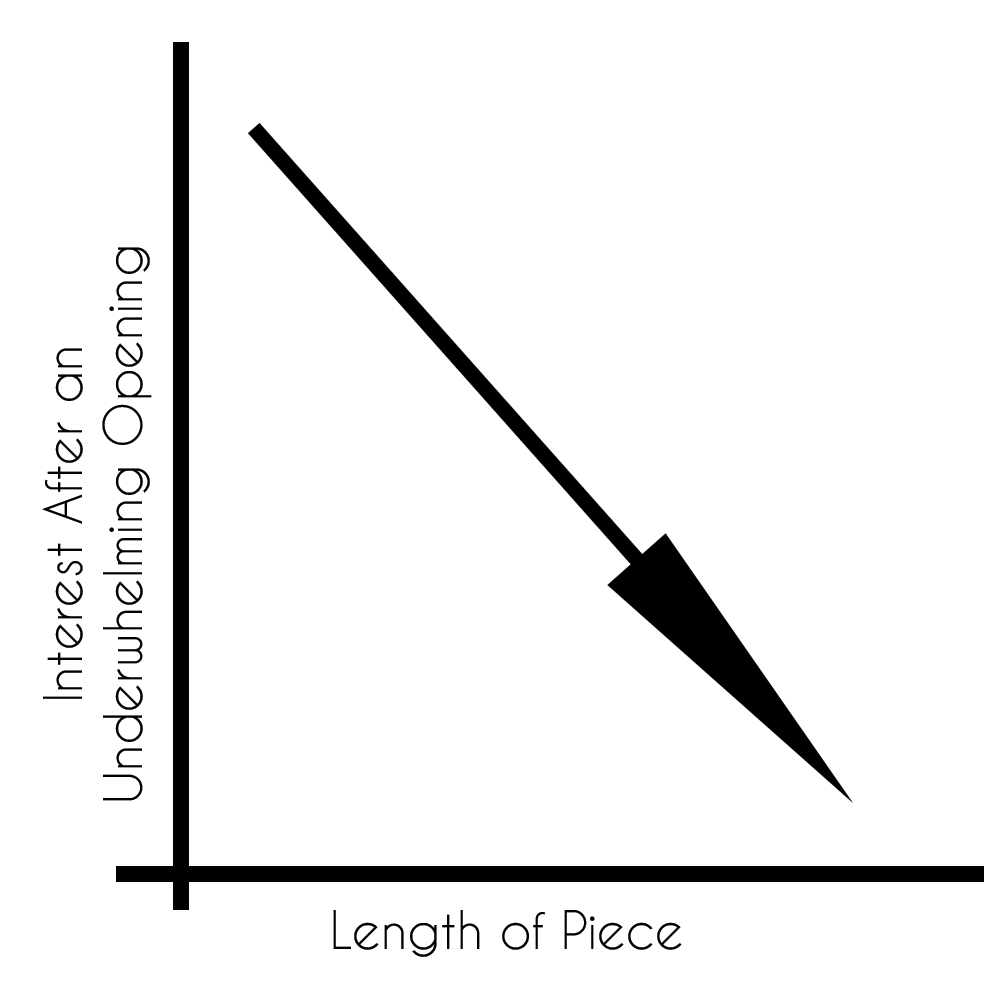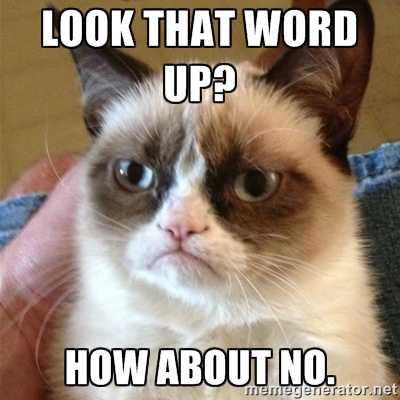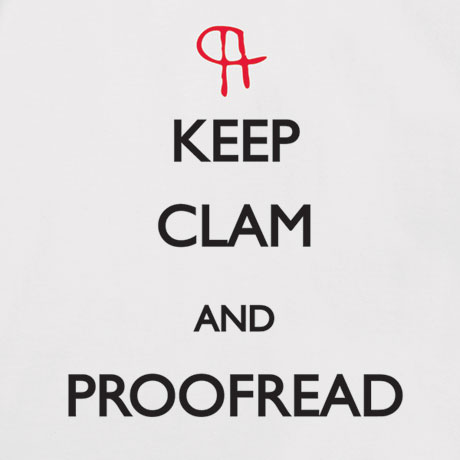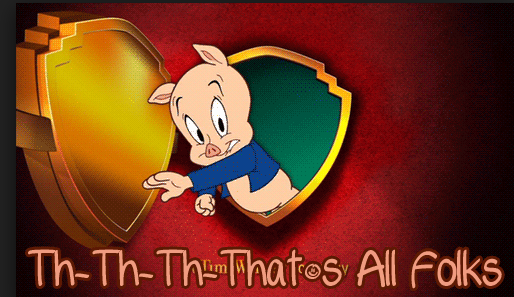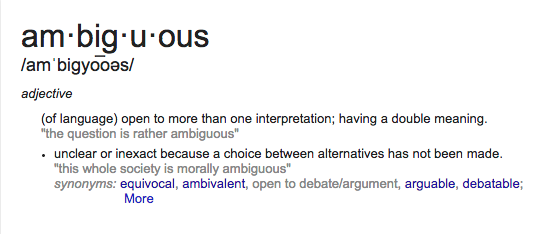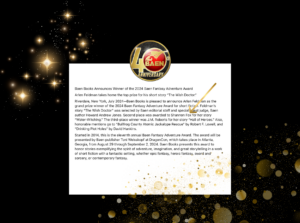For the last year, I’ve been an assistant editor for a literary magazine. I primarily read short fiction submissions, with the occasional novel excerpt or memoir mixed in. I am specifically not mentioning what literary magazine I read for because my opinions and thoughts have nothing to do with the magazine and are purely my own observations.
Editing and reading other people’s work, especially the not-quite polished stuff, is quite the experience. One of the things I’ve learned, most importantly, is that I think we all submit our work assuming the person who will ultimately read our work is going to be Kindergarten-teacher enthusiastic about looking over our story and wants to slap a “Good Job!” sticker on our paper and publish us.
The realty is that the person who reads your work is much more likely to be some combination of tired, grumpy, hungry, stressed, hungry, pissed off, or just generally not enthusiastic about life. I mean, we try. You’ve worked hard after all. We read other people’s work because we do enjoy it deep down and want you to succeed. But we’re people, too. And more often than not, we’re looking for a reason to say no so we can finish up our work. Which I’m sure is great to know and all, but that doesn’t really help you know how to write better or how to craft a story that’s more likely to get published.
So I’ve come up with a list to help you:
7 Powerful Ways to Make Your Writing Stand Out
(as told by an editor)
1) Beginnings Matter. After the first page, if not the first paragraph, I’ve already made up my mind about the piece. You can really tell a lot about how the story and the quality of the writing are going to go from just a little glimpse. Think of it this way: if you’ve only got ten pages to tell your story, why are you wasting the first paragraph on anything other than being utterly captivating?
2) Limit Your Vocabulary. If you use too many fancy words, I’m going to doubt you actually know what you’re saying. Pack too many in a sentence together and I’ll probably move on to the next piece. I’m not saying you should write like I’m a simpleton, but it’s about striking a balance. The people who are reading your work are readers themselves and in all likelihood have an above-average vocabulary. If we’re running for the dictionary, you’re going to be in trouble with your average reader.
3) Proof-read. Make sure your story is as free from grammatical and spelling errors as possible. And for the love of God, make sure you don’t send the copy of your story that doesn’t have your best friend’s comments all over it. <–I can’t even believe I have to say that.
4) Character Motivations Should Be Clear. I shouldn’t have to dig around to figure out what drives your characters. If anything, you should hit me over the head with why they’re doing what they’re doing and what all these people are doing hanging out together and demanding I pay attention to them.
5) Colloquial Language Should Be Used Sparingly. Similar to my qualms about vocabulary, colloquial language and stuttering can be really grating, especially in a short piece. Really consider your motivations for using that type of language and be sure it truly adds to your piece. Just because you want to add a side character with a strong Southern accent, doesn’t mean you should. If you could easily swap them out with someone who doesn’t speak with an accent, then do so.
6) Stop Ending Stories With Ambiguities. I think we’re all definitely guilty of doing this one, myself included. But there’s a big difference between an ambiguous ending and a story with NO ending. Most writers unfortunately don’t seem to quite grasping the difference. Far too many stories I’ve read in the last year have set themselves up nicely, got me reasonably engaged, and then came to such a clattering, sputtering halt that I wondered if the author forgot to attach the last page.
Ugh.
This is a definition of ambiguous:
And this is a definition of a story with no ending:
Unceremoniously stopping without any indication of what conclusions we might draw from the context. A story without enough means to interpret any type of ending, let alone multiple endings.
7) The Best Stories Have an X-Factor.
This one might be a brutal thing to hear. While the other items on my list can be printed out and used as a sort of pre-submission checklist, this one cannot be neatly crossed off. The best stories I read this year had an “x-factor”.
What is the “x-factor”? Besides being the British realty show that gave us One Direction, the X-Factor, in my opinion, is talent. It is not something you can quite cultivate. It’s not something you can make sure to include or not include in your writing. It’s something you have and something you’re born with, something you’ll carry with you all of your days.
And if you’ve got the X-Factor, you can ride that ticket all the way to the top.
Got some more questions for me? Agree or disagree with my list? Let me know!


